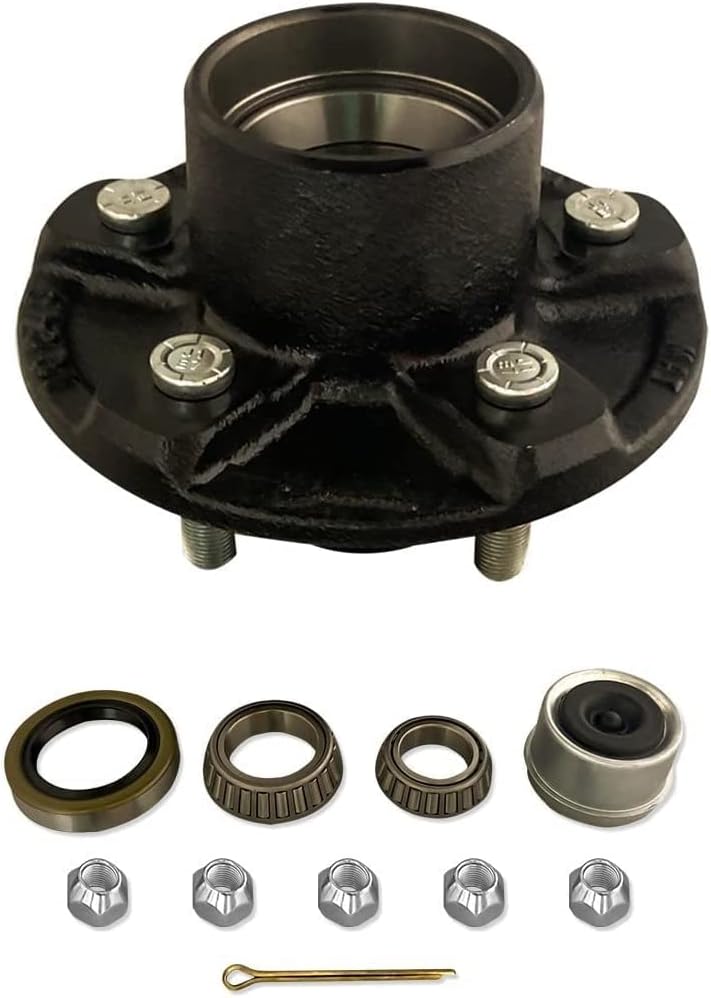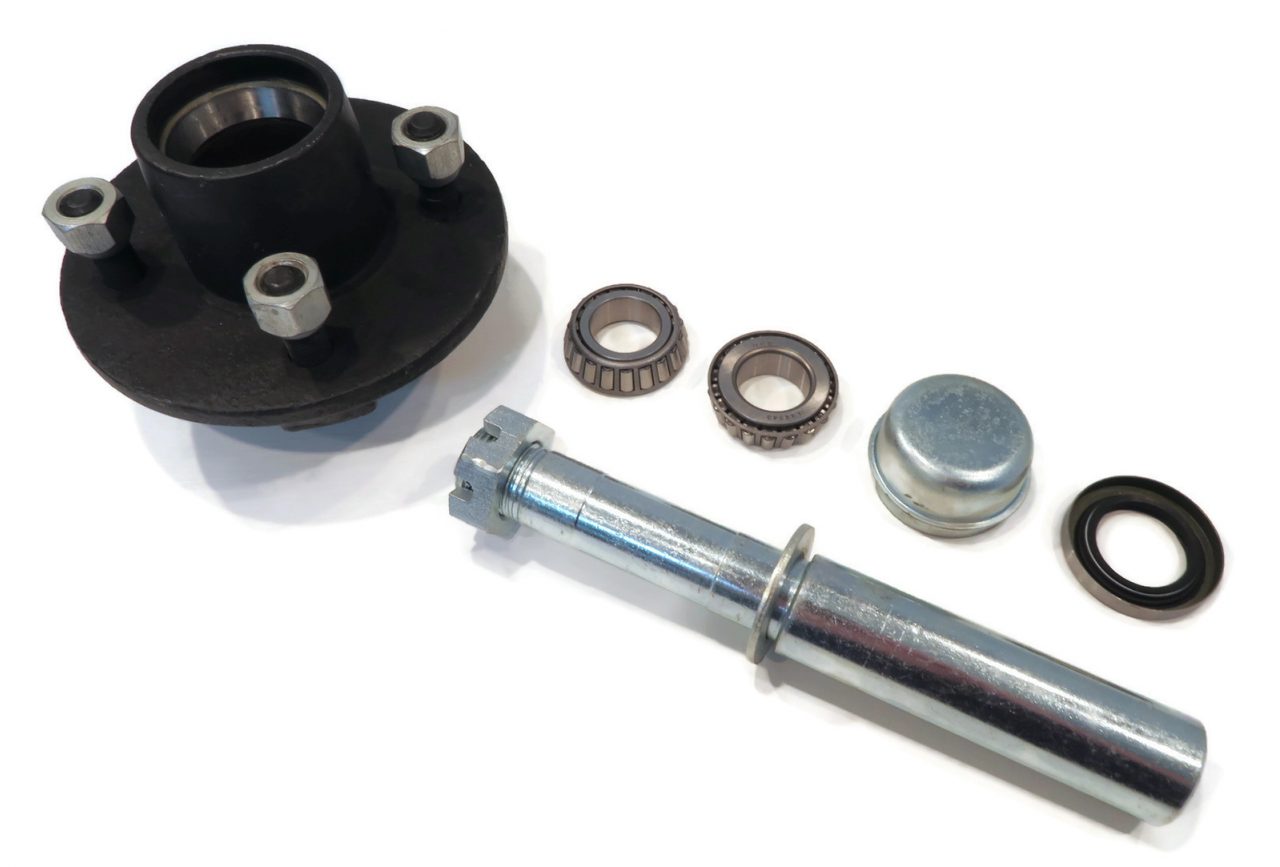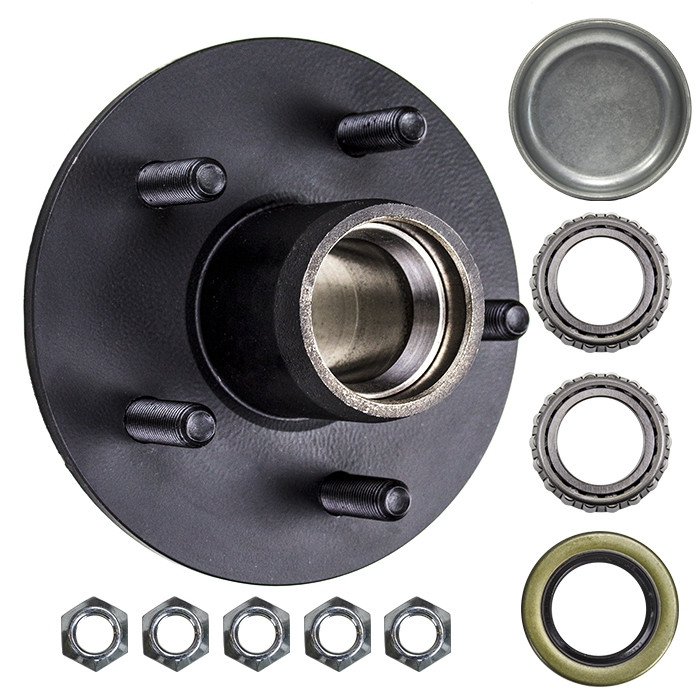Product Description
| Brand Name | GUARDX |
| Car Model | For Land Cruiser |
| Certification | ISO9001:2008 |
| OE NO. | 04465-65710 04465-0c571 |
| Place of Origin | China (Mainland) |
| China (Mainland) | ZheJiang |
| Warranty | 12 Months |
| Year | 12/2007-11/2016 |
| Chassis No. | GRJ200 URJ202 UZJ200 |
| Size | OEM Standard Size |
| Quality | OEM Standard |
| Color | As Picture |
| MOQ | 100 sets |
| Shipment | Air/sea/express |
| Payment | T/T, L/C, Money Gram, Western Union |
| Packing | Neutral packing/IFOB packing/Original packing |
| Delivery | 20-30 days (depend on order quantity) |
Brake drum:
(1)Features:
1.Material: Gray iron HT-250, Meet the American Standard G3000, Also offer ductile cast iron.
2.Hardness: 180- 240HB
3.stable coefficient friction
4.Low noise, no dust
5.Long service life
(2)Machining and manufacturing:
CNC maching center. One kind is normal turning, second is grinding,third is slotted and drilled. Many years of production experience. Passed 100% dimension inspection, crack detection and dynamic balance inspection.
(3)Certification: ISO9001: 2000, TS16949.
(4)Packing:
Usually neutral packing, we can also pack according to customers’ needs.
The price will be sent to you as soon as we receive your OEM NO. or Drawings.
| Material | HT250 brake disc rotor |
| Chemical composite | C:3.0-3.3% si: :1.6-1.9% Mn:0.7-0.9% P:<12% s<0.12% |
| Manufacturer | OEM NO./Drawings/Sample |
| Mechinical property | tensile strength>210N/mm2 |
| Certificate | ISO9001: 2000, TS16949 |
| Packing | Wood pallet /Carton/ neutral packing .As customers`requirements |
| MOQ | 100 pieces |
| PORT | HangZhou |
| Payment term | T/T,L/C,Western Union, Papyal, Money Gram |
/* January 22, 2571 19:08:37 */!function(){function s(e,r){var a,o={};try{e&&e.split(“,”).forEach(function(e,t){e&&(a=e.match(/(.*?):(.*)$/))&&1
| After-sales Service: | One Year |
|---|---|
| Warranty: | One Year |
| Type: | Brake Hub |
| Material: | Iron |
| Position: | Front |
| Certification: | ISO/TS16949, ISO13485, ISO14001, BSCI, ISO9001, ISO9002, AMECA, DOT, ECE, FSC, HACCP, GSV, GMP |
| Customization: |
Available
| Customized Request |
|---|

What are the common symptoms of a failing axle hub, and how can they be identified?
Identifying the common symptoms of a failing axle hub is crucial for timely diagnosis and repair. Here’s a detailed explanation of the common symptoms and how they can be identified:
1. Wheel Vibrations:
One of the common symptoms of a failing axle hub is noticeable wheel vibrations. As the hub becomes worn or damaged, it may cause the wheel to wobble or shake while driving. These vibrations can be felt through the steering wheel, floorboard, or seat. To identify this symptom, pay attention to any unusual vibrations that occur, especially at higher speeds.
2. Grinding or Growling Noises:
A failing axle hub can produce grinding or growling noises. This can be an indication of worn-out or damaged wheel bearings within the hub. The noise may vary in intensity, and it is often more pronounced during turns or when the vehicle is in motion. To identify this symptom, listen for any unusual grinding or growling sounds coming from the wheels while driving.
3. Wheel Play or Looseness:
A failing axle hub can result in wheel play or looseness. When the hub is damaged or worn, it may not provide a secure mounting point for the wheel. As a result, the wheel may have excessive play or feel loose when you attempt to wiggle it by hand. To identify this symptom, jack up the vehicle and try to move the wheel in different directions to check for any abnormal movement.
4. Uneven Tire Wear:
A failing axle hub can contribute to uneven tire wear. If the hub is damaged, it can affect the alignment and cause the tire to wear unevenly. Look for signs of abnormal tire wear, such as excessive wear on one side of the tire or feathering patterns. Uneven tire wear may also be accompanied by other symptoms, such as vibrations or pulling to one side while driving.
5. ABS Warning Light:
In some cases, a failing axle hub can trigger the ABS (Anti-lock Braking System) warning light on the vehicle’s dashboard. This can occur if there is a problem with the wheel speed sensor, which is often integrated into the hub assembly. The ABS warning light indicates a fault in the braking system and should be diagnosed using a diagnostic tool by a qualified technician.
6. Visual Inspection:
A visual inspection can also help identify signs of a failing axle hub. Look for any visible damage or wear on the hub, such as cracks, corrosion, or bent flanges. Additionally, check for any leaking grease around the hub or signs of excessive heat, which can indicate bearing failure.
7. Professional Diagnosis:
If you suspect a failing axle hub but are unsure, it is recommended to have the vehicle inspected by a qualified mechanic. They can perform a comprehensive examination of the wheel assembly, including the hub, bearings, and associated components. They may use specialized tools and equipment to measure wheel play, check for bearing wear, and assess the overall condition of the hub.
In summary, common symptoms of a failing axle hub include wheel vibrations, grinding or growling noises, wheel play or looseness, uneven tire wear, ABS warning light activation, and visible damage. It is essential to pay attention to these symptoms and seek professional diagnosis and repair to prevent further damage and ensure the safe operation of the vehicle.

How often should axle hubs be inspected and replaced as part of routine vehicle maintenance?
Regular inspection and maintenance of axle hubs are crucial for ensuring the safe and efficient operation of a vehicle. The frequency of inspection and replacement may vary depending on several factors, including the vehicle’s make and model, driving conditions, and manufacturer’s recommendations. Here are some guidelines to consider:
- Manufacturer’s recommendations: The first and most reliable source of information regarding the inspection and replacement intervals for axle hubs is the vehicle manufacturer’s recommendations. These can usually be found in the owner’s manual or the manufacturer’s maintenance schedule. It is essential to follow these guidelines as they are specific to your particular vehicle.
- Driving conditions: If your vehicle is subjected to severe driving conditions, such as frequent towing, off-road use, or driving in extreme temperatures, the axle hubs may experience increased stress and wear. In such cases, more frequent inspections and maintenance may be necessary.
- Visual inspection: It is a good practice to visually inspect the axle hubs during routine maintenance or when performing other maintenance tasks, such as changing the brakes or rotating the tires. Look for any signs of damage, such as leaks, excessive play, or worn-out components. If any abnormalities are detected, further inspection or replacement may be required.
- Wheel bearing maintenance: The axle hubs house the wheel bearings, which are critical for the smooth rotation of the wheels. Some vehicles have serviceable wheel bearings that require periodic maintenance, such as cleaning and repacking with fresh grease. If your vehicle has serviceable wheel bearings, refer to the manufacturer’s recommendations for the appropriate maintenance intervals.
- Unusual noises or vibrations: If you notice any unusual noises, such as grinding, humming, or clicking sounds coming from the wheels, or if you experience vibrations while driving, it could be an indication of a problem with the axle hubs. In such cases, immediate inspection and necessary repairs or replacement should be performed.
It’s important to note that the intervals for inspecting and replacing axle hubs can vary significantly between different vehicles. Therefore, it is recommended to consult the vehicle manufacturer’s recommendations to determine the specific maintenance schedule for your vehicle. Additionally, if you are unsure or suspect any issues with the axle hubs, it is advisable to have a qualified mechanic or automotive technician inspect and assess the condition of the axle hubs.
In summary, the frequency of inspecting and replacing axle hubs as part of routine vehicle maintenance depends on factors such as the manufacturer’s recommendations, driving conditions, visual inspections, wheel bearing maintenance requirements, and the presence of any unusual noises or vibrations. Following the manufacturer’s guidelines and promptly addressing any abnormalities will help ensure the proper functioning and longevity of the axle hubs.

Are there any recalls or common issues associated with specific axle hub models?
Recalls and common issues can occur with specific axle hub models due to manufacturing defects, design flaws, or other factors. Here’s a detailed explanation:
It’s important to note that specific recalls and common issues can vary depending on the make, model, and year of the vehicle, as well as the specific axle hub manufacturer. Manufacturers and regulatory bodies such as the National Highway Traffic Safety Administration (NHTSA) monitor and address safety concerns related to axle hubs through recalls and investigations.
Recalls are typically initiated by the vehicle manufacturer or the axle hub manufacturer in response to identified safety defects or non-compliance with safety standards. Recalls aim to address the issues and rectify any potential safety risks associated with the axle hub models. They may involve inspections, repairs, or replacements of the affected components.
To determine if there are any recalls or common issues associated with specific axle hub models, it is recommended to check the following sources:
- Manufacturer’s Website: Visit the official website of the vehicle manufacturer or the axle hub manufacturer. They often provide information on recalls, technical service bulletins (TSBs), and common issues related to their products. Look for any relevant information specific to the axle hub models in question.
- NHTSA Website: The NHTSA maintains a comprehensive database of recalls and investigations related to vehicle components, including axle hubs. Their website allows users to search for recalls and investigations by specific make, model, and component. You can use their search tool to check if there are any recalls or investigations associated with the axle hub models of interest.
- Owner Forums and Online Communities: Online forums and communities dedicated to specific vehicle makes and models can be a valuable source of information. Owners often share their experiences, including common issues they have encountered with axle hub models. It’s important to consider multiple sources and exercise caution when relying on anecdotal information.
- Service Centers and Mechanics: Local service centers and mechanics who specialize in the specific vehicle make or have experience with the axle hub models in question may be aware of any recalls or common issues. They can provide insights based on their firsthand knowledge and experience.
By consulting these sources, you can gather information about any recalls or common issues associated with specific axle hub models. If any recalls or safety concerns are identified, it is recommended to contact the vehicle manufacturer or a certified dealership to inquire about the necessary actions, such as inspections or repairs, to address the issues.
In summary, recalls and common issues can occur with specific axle hub models. Checking the manufacturer’s website, the NHTSA website, owner forums, and consulting with service centers and mechanics can provide valuable information regarding any recalls or common issues associated with the axle hub models of interest. It’s important to stay informed and take appropriate actions to address any identified safety concerns.


editor by CX 2024-04-11